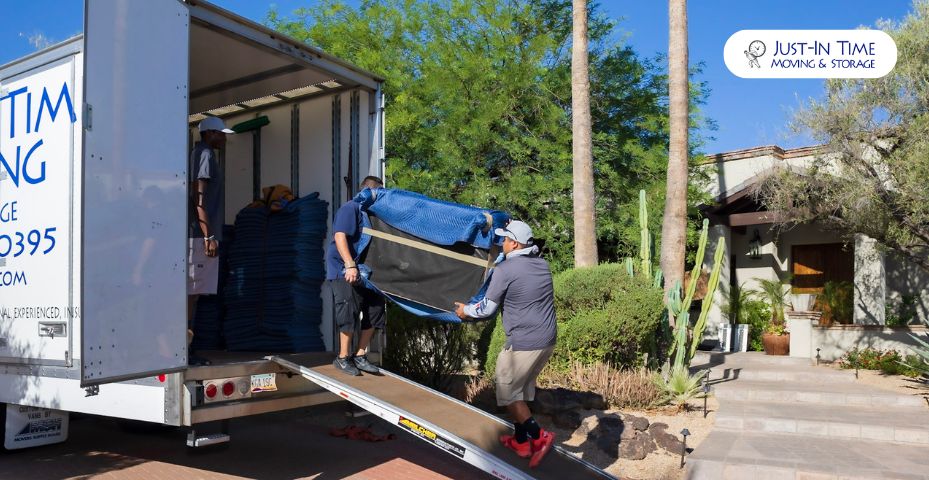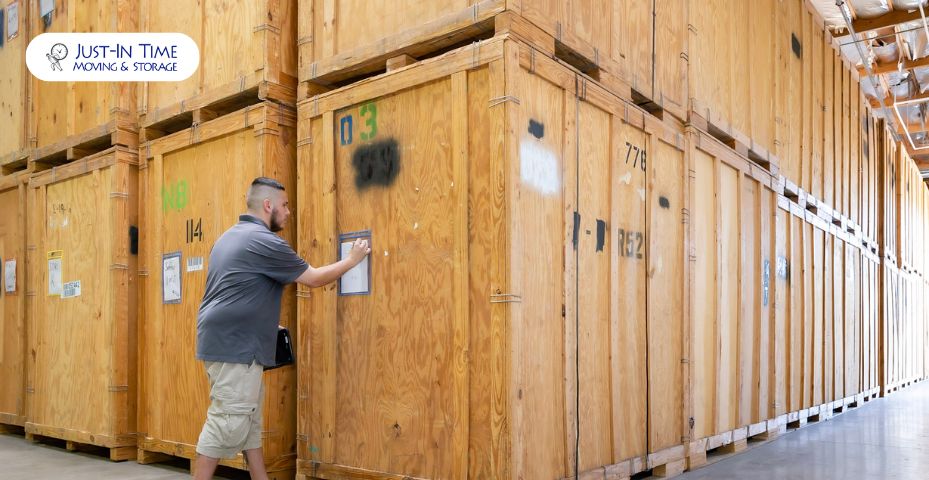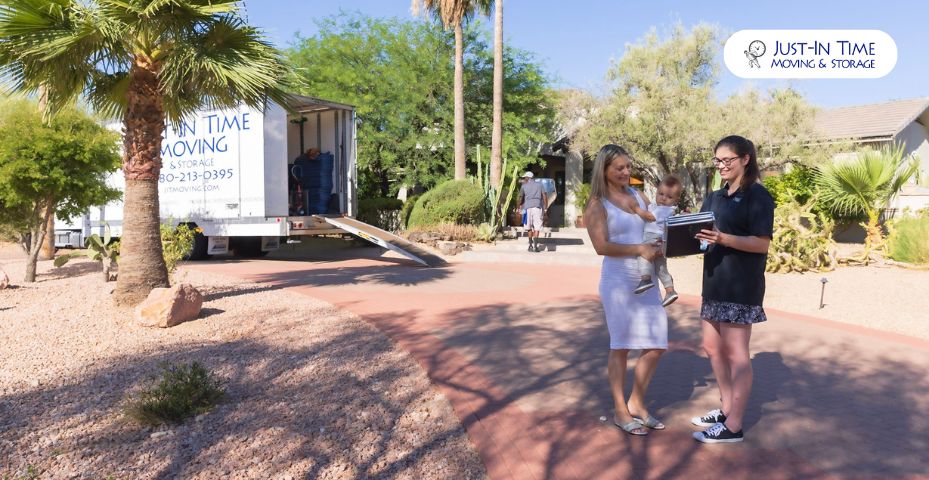Learn how much does a mover cost for a Denver-to-Arizona relocation. Learn about cost factors, average prices, budgeting tips, and selecting the right movers.
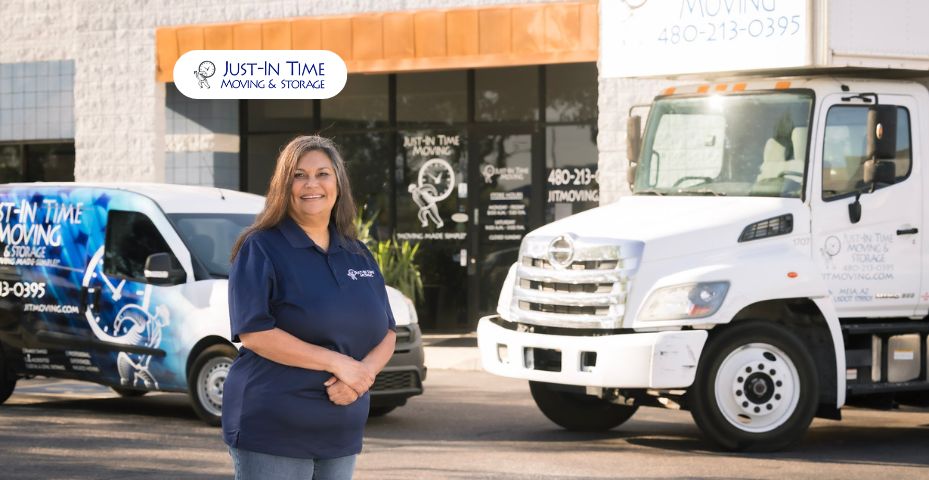
How Much Does a Mover cost for Moving to Arizona from Denver?
Moving to a new state, such as relocating from Denver to Phoenix, is a significant life event. While the excitement of a fresh start in Arizona is enticing, it’s essential to address practical concerns—chiefly, how much does a mover cost? Relocation costs depend on numerous factors, including distance, the size of your move, and the services you choose. This detailed guide dives into the specifics to help you budget accurately and make informed decisions.
How Much Does a Mover Cost? Influencing Factors
When considering how much does a mover cost, it’s important to analyze the key factors that impact pricing. Each element plays a role in shaping the overall cost of your relocation, helping you identify areas to save or optimize.
Distance and Route
The move from Denver to Phoenix spans approximately 830 miles. This distance is a major determinant of your moving costs. Long-distance moves typically involve higher fuel consumption, wear and tear on moving trucks, and additional charges for toll roads or detours. If the route requires navigating challenging terrains or highways, you may face extra fees. Movers calculate long-distance charges based on mileage, so the further the distance, the greater the cost.
Volume and Weight of Belongings
The volume (measured in cubic feet) and weight of your belongings are critical pricing factors. Larger or heavier shipments require more resources, including bigger trucks and additional labor. For instance:
- A one-bedroom apartment move might require a small truck, costing less overall.
- A four-bedroom home with heavy furniture could necessitate multiple trips or a larger truck, significantly increasing expenses.
Reducing the volume of your belongings by selling, donating, or discarding unused items is a simple way to cut costs.
Moving To Arizona From Denver?
Contact Us TodayType of Moving Services
Movers offer different service levels, each affecting how much does a mover cost. Common options include:
Full-Service Moves
Comprehensive packages where movers handle everything from packing and transportation to unpacking. These are the most convenient but also the most expensive.
Partial-Service Moves
You pack your belongings, and movers handle loading, transportation, and unloading. This option is more affordable.
DIY Moves
Renting a truck and managing the move yourself is the most budget-friendly but time-intensive.
Choosing the right service level depends on your budget and how much effort you’re willing to invest.
Time of Year
The timing of your move can significantly influence costs. Moving companies experience high demand during the summer months (May to September), leading to increased prices. Conversely, moving during the off-peak season (fall or winter) can result in substantial savings. Flexibility with your moving date is one of the easiest ways to lower costs.
Additional Services
Certain circumstances require add-on services, each of which comes with its own fees:
Packing and Unpacking
Professional packing services are time-saving but come at an extra cost, usually charged per hour or by the box.
Specialized Item Handling
Moving pianos, antiques, or other delicate items may incur additional charges due to the care required.
Storage Solutions
If you need to store your belongings temporarily, short-term or long-term storage fees will apply.
Insurance
Protecting your items with insurance coverage is an important consideration, especially for long-distance moves.
Average Moving Costs from Denver to Phoenix
Understanding how much does a mover cost for specific scenarios helps you prepare your budget effectively. The following breakdown provides average cost estimates based on the size of your home and the services required.
Studio or One-Bedroom Apartment
A move involving minimal belongings is the most affordable. Costs for a studio or one-bedroom apartment typically range between $3,000 and $8,000. These estimates account for:
- A smaller truck or shared space on a moving truck.
- Basic packing supplies if self-packed.
To further reduce costs, you can handle the packing yourself or schedule your move during off-peak times.
Two to Three-Bedroom Home
For mid-sized moves, expenses rise due to the increased volume of items and time required. The average cost for moving a two to three-bedroom home falls between $8,000 and $10,000. Key contributors include:
- Labor costs for packing, loading, and unloading.
- Transportation charges, including fuel and mileage.
- Additional fees for medium-sized trucks or trailers.
If you’re flexible, consolidating shipments with other moves heading to Phoenix may lower costs.
Four or More Bedrooms
Larger households typically see moving costs starting at $10,000 and going upwards of $14,000. These moves involve extensive planning and resources, including:
- Larger trucks or multiple trips.
- Extra crew members for efficient handling of heavy or bulky items.
- Specialty services for valuable or fragile belongings.
In such cases, professional movers provide detailed cost estimates after assessing the volume of your items.
Detailed Breakdown of Moving Expenses
To understand how much does a mover cost thoroughly, it’s important to look at the specific expenses that contribute to the final bill. Breaking these down allows for better planning and cost management.
Transportation Fees
Transportation is the backbone of your moving costs. These fees cover:
Fuel Costs
Long-distance moves, such as Denver to Phoenix, involve higher fuel expenses due to the 830-mile distance.
Toll Charges
Depending on the route taken, tolls may be added to your bill.
Vehicle Wear and Tear
Moving companies factor in vehicle maintenance as part of their pricing.
Labor Charges
Labor costs depend on the complexity and duration of your move. Movers typically charge by the hour for packing, loading, unloading, and unpacking. Long-distance moves require extended hours, increasing the labor fees.
Packing Materials
Packing supplies like boxes, bubble wrap, tape, and protective padding are essential for securing your items during transit. While movers may provide these materials, they often charge a premium. Packing your items yourself can help reduce costs.
Insurance and Liability Coverage
Insurance protects your belongings against loss or damage. Basic coverage is often included, but full-value protection plans are available for an additional fee. Factoring this cost ensures peace of mind during your relocation.
Storage Solutions
If your new home isn’t ready for immediate occupancy, you might need temporary storage. Storage fees depend on the duration and size of the storage space required. Many movers offer storage as an add-on service.
Cost-Saving Tips for Your Move
If you’re concerned about how much does a mover cost, applying strategic cost-saving measures can make a significant difference. Here are some practical tips to help you stay within budget.
Decluttering Before the Move
Reducing the number of items you transport can dramatically lower costs. Here’s how:
Donate Unused Items
Give away clothes, furniture, or appliances you no longer need.
Sell Valuables
Host a garage sale or sell items online to offset moving expenses.
Recycle or Dispose of Non-Salvageable Goods
Properly discard broken or unusable belongings.
Flexible Moving Dates
Choosing your moving date wisely is one of the easiest ways to save. Moving during the off-peak season (fall or winter) or mid-week can result in lower prices. Peak seasons, weekends, and holidays often see higher demand and costs.
Self-Packing Strategies
If time permits, packing your belongings can reduce labor costs. Use these tips to streamline the process:
- Collect free boxes from local stores.
- Use household items like towels and blankets as padding for fragile items.
- Label boxes clearly to make unpacking easier.
Comparing Moving Quotes
Request estimates from multiple movers to find the best deal. Ensure each quote includes a detailed breakdown of costs, so you can compare services accurately. While price is important, consider factors like reliability and customer reviews before making a final decision.
Budgeting for Your Move
Once you’ve analyzed how much does a mover cost, the next step is creating a budget that covers all aspects of your relocation. A well-planned budget reduces financial stress and ensures no surprises.
Creating a Moving Budget
Start by listing all potential expenses:
- Moving company fees.
- Packing materials.
- Travel costs, such as fuel or plane tickets for your family.
- Temporary lodging or meals during the move.
Use this list to allocate funds for each category.
Allocating Funds for Unexpected Costs
No matter how carefully you plan, unexpected costs can arise. Set aside at least 10-15% of your budget as a contingency fund for last-minute expenses like extra labor or emergency storage.
Utilizing Moving Cost Calculators
Many moving companies offer cost calculators to estimate expenses based on distance, volume, and services. These tools provide a ballpark figure, helping you fine-tune your budget and ensuring accuracy.
Choosing the Right Moving Company
A critical part of determining how much does a mover cost is selecting a reliable moving company. The right choice ensures your belongings are handled with care and that you receive value for your money.
Researching Reputable Movers
Start by compiling a list of moving companies that specialize in long-distance relocations. Look for key qualities such as:
- Positive reviews from previous clients.
- Transparent pricing policies with no hidden fees.
- Professional licensing and insurance.
Understanding Contracts and Fees
Before signing a contract, review all terms carefully. Make sure the agreement outlines:
- Services included in the quoted price.
- Payment terms and cancellation policies.
- Any potential surcharges for additional services.
Understanding these details helps you avoid unexpected costs and ensures that the quoted price matches your budget.
Reading Reviews and Testimonials
Customer reviews provide valuable insights into a company’s reliability and quality of service. Pay attention to feedback on punctuality, professionalism, and handling of fragile items. A well-reviewed company is more likely to provide a smooth moving experience.
Wrapping Up
Relocating from Denver to Phoenix is an exciting chapter, but planning ahead is crucial to managing costs. By understanding how much a mover costs, you can budget effectively, choose the right moving services, and adopt cost-saving strategies. Whether you’re downsizing to a cozy apartment or moving a large household, preparation and research are key to ensuring a smooth, stress-free move.
Remember, the right moving company will make all the difference in ensuring your belongings arrive safely and on time. With careful planning and the tips provided, you can enjoy a seamless transition to your new home in Phoenix.
Call Us Today!
+1 (480) 213-0395Our Services
Get A Free Moving Quote
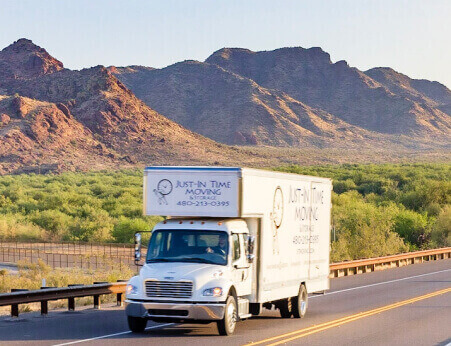
Frequently Asked Questions
-
What Is the Most Expensive Part of Moving?
Transportation and labor are typically the most significant expenses. For long-distance moves like Denver to Phoenix, fuel, mileage, and hourly labor charges make up the bulk of the cost.
-
What Is the True Cost of Moving?
The true cost includes not just the moving company’s fees but also expenses like packing materials, travel, lodging, and insurance. A detailed budget ensures you capture all these elements.
-
How Do I Budget My Move?
Start by getting detailed quotes from movers to estimate how much does a mover cost. Allocate funds for transportation, labor, and additional services, and set aside an emergency fund for unexpected costs.
-
What Is the Most Cost-Effective Way to Move?
Cost-effective strategies include decluttering, packing your own belongings, and choosing off-peak moving dates. Comparing multiple quotes also ensures you get the best value for your money.
-
What Is the Cheapest Month to Move?
Moving during the off-season, typically late fall or winter, can save you money. Prices are lower during these months due to reduced demand.
-
What do most movers charge per hour?
When researching how much does a mover cost, most professional movers charge between $100 to $200 per hour, depending on the size of the crew, services needed, and complexity of the move. At JIT Moving, we offer competitive hourly rates with experienced movers, high-quality equipment, and no hidden fees. Our team works efficiently to ensure your move is completed quickly and safely, giving you maximum value for your time and money.
-
How much does it cost for movers in AZ?
In Arizona, the cost of hiring movers typically ranges from $300 to $2,500 or more, depending on the size and distance of the move. Local moves are usually charged by the hour, while long-distance relocations are based on mileage and weight. When asking how much does a mover cost, JIT Moving provides free, detailed estimates tailored to your specific needs. We prioritize transparency and affordability, making your move in Arizona simple, efficient, and cost-effective.
